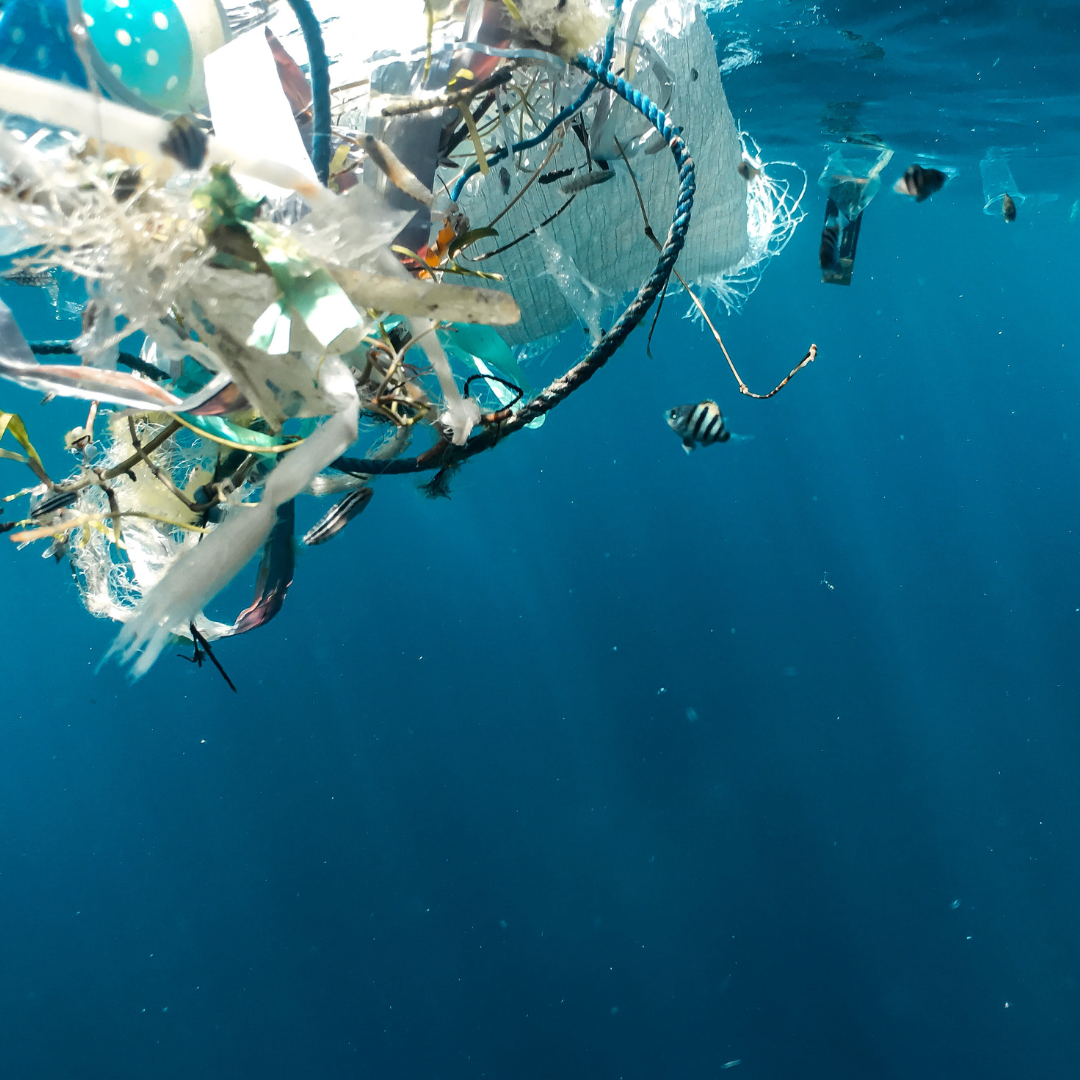The World's First Plastic-Waste Treaty - Why it Matters

What is it?
The historic resolution, called “End Plastic Pollution: Towards an internationally legally binding instrument” was adopted following a 3 day meeting attended by more than 3400 people in person in Kenya, Nairobi and 1500 people online.
The UN Environment program Executive Director Inger Andersen described the agreement as an insurance policy for future generations: “Today marks a triumph by planet earth over single-use plastics. This is the most significant environmental multilateral deal since the Paris accord. It is an insurance policy for this generation and future ones, so they may live with plastic and not be doomed by it.”
Why does it matter?
The treaty will cover plastic from its production to its disposal. This is important because plastic has environmental impacts right through its life cycle.
- Most plastics are made from fossil fuels like natural gas and petroleum. These are rapidly decreasing natural resources.
- Every piece of plastic ever made still exists on Earth today because plastic takes hundreds of years to decompose. To put that in perspective, if Ngāti Tumatakōkiri had been enjoying plastic-wrapped Tim Tams for dessert when Abel Tasman rounded the head of Golden Bay in 1642 and first sighted land, that plastic packaging would still exist today.
-
Plastic production is increasing. 2 million tonnes of plastic was produced in 1950. Last year over 360 millions tonnes was produced.
-
Plastics are impossible to infinitely recycle. Only about 10% of the world's plastic is recycled and when those plastics are recycled they are downgraded, most often to packaging.
The impact of this cannot be overstated: plastics have been found on nearly every part of Earth’s surface, from the Northern most part of the Arctic, to the digestive tracts of most species including humans, insects and whales, to the bottom of the Mariana Trench.
Why is it important for the drinks industry?
- The drinks industry is a big part of the plastic problem: the drinks industry accounts for the disposal of more single-use plastic than any other product in the the world at over one million plastic bottles per minute.
- Coca-Cola and Pepsi-Co are consistently named alongside Nestle as the top polluters in the world. To put this in perspective, Coca-Cola produces about 200,000 plastic bottles a minute.
- Bottling in glass is a simple solution. Glass is infinitely recyclable. In the future we hope to support the growth of infrastructure for all glass bottles to be washed, sanitized and returned to producers for re-filling in New Zealand and globally.
- Even better, drinks can be served from re-useable kegs, eliminating the need for single-use packaging entirely.
What is Chia Sisters doing to reduce waste?
- We bottle in glass. Glass is made from sand and is infinitely recyclalbe. Most of the bottles we use are even made with recycled glass. This is one step in the right direction but ultimately we need to work towards re-use rather than recycling. There are several options we are looking into, from fill-your-own to re-use bottles.
- Chia Sisters is working alongside Businesses for Climate Action to establish a re-use centre that could sit alongside a typical recycling centre. The re-use centre would wash and sanitize glass bottles in New Zealand and return them to beverage producers, creating a zero-waste packaging option for beverages in New Zealand.
- We offer customers the option to sell our juices in kegs. By 2030, our goal is to have 50 per cent of all sales from kegs or refillable vessels. The uptake of kegs has been slower than we expected as it requires our customers to have the space and equipment to serve kegged products. In addition, the pandemic has made reusing vessels more difficult. Despite this, we are committed to helping our customers in cafes, hospitals and grocery stores make this transition.
By 2030, our goal is to have 50 per cent of all sales from kegs or refillable vessels.





